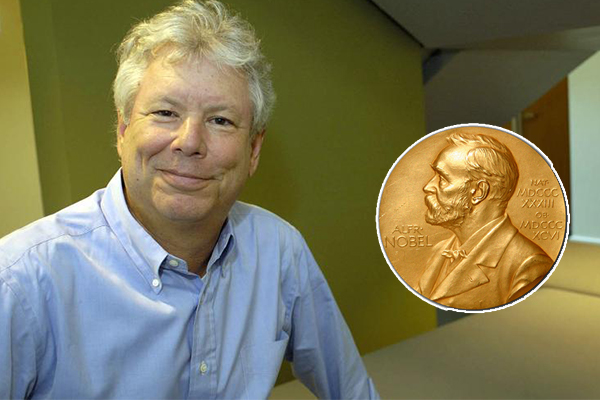
University of Chicago’s Richard H. Thaler, one of the founders of behavioral finance, was awarded the 2017 Nobel Prize in Economics for shedding light on how human weaknesses such as a lack of rationality and self-control can ultimately affect markets.

One of Thaler’s theories is about “mental accounting”. The citation describes this as using different reference points to help make decisions, which vary from situation to situation: “One reference point could be the price for which we bought an item, or the lowest price we find when searching on the internet, and we use this reference point to assess whether we have made a “good deal”.
In his research, Thaler has provided numerous examples of how mental accounting using differing reference points may lead to decisions that appear strange when evaluated from a traditional economic perspective.’’
U.S. economist Richard Thaler won the 2017 Nobel Economics Prize for his contributions in the field of behavioral economics, the Royal Swedish Academy of Sciences said on Monday.

"In total, Richard Thaler's contributions have built a bridge between the economic and psychological analyses of individual decision-making," the award-giving body said on announcing the 9 million Swedish crown ($1.1 million) prize.
"His empirical findings and theoretical insights have been instrumental in creating the new and rapidly expanding field of behavioural economics, which has had a profound impact on many areas of economic research and policy."














